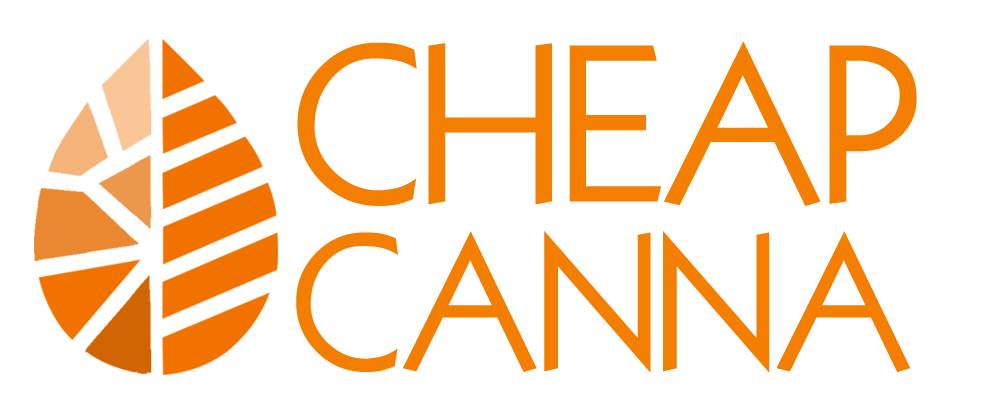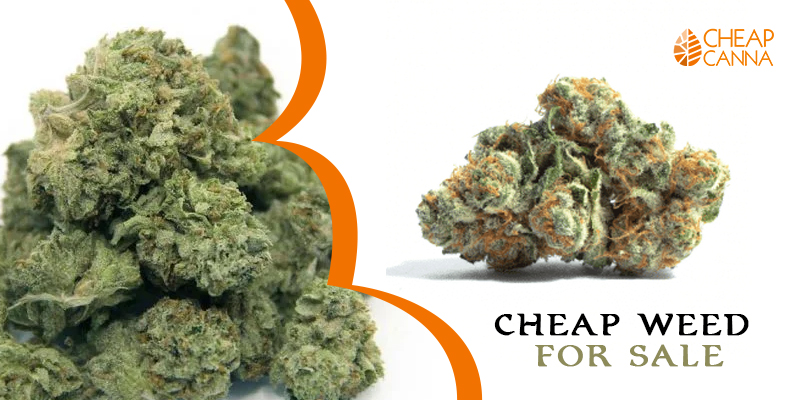You’re already hearing a lot about weed & drug products as they become legal in more & more countries. Two natural compounds draw the most focus: THC & CBD.
Cannabis is a plant that makes a thick compound full of substances called cannabinoids. Cannabis contains more than 100 of these chemicals. They’re triggering drug-like responses in the body.
THC (tetrahydrocannabinol) & CBD (cannabidiol) are the most common cannabinoids in cannabis materials.
CBD & THC are both hemp & marijuana. Marijuana has a lot of THC than cannabis, while hemp has a lot more CBD.
Chemical Structure
THC & CBD share the same molecular formula—-21-C atoms, 30-H atoms, & 2 oxygen atoms. The distinction is in the manner the atoms are organized. This gives THC & CBD different chemical properties & influences the body accordingly.
Both THC & CBD work with receptors that produce neurotransmitters. They can affect the results like mood, pain, memory, & sleep.
How THC & CBD affect the body?
THC is the major psychoactive substance in cannabis. This is what makes people feel “high.”
In our cells, we have two forms of receptors. THC links to receptors—mostly in the brain—that regulate mood, pain & other emotions. That is why THC can allow you to feel euphoric & make you feel so high.
CBD does not make it that far. Instead, it is believed to work with other aspects of the body that are connected to feelings of well-being. Cheap bud Canada suggests the best quality of weed, taking care of both CBD & THC.
Medical Benefits
People are taking CBD drugs to cope with everything from asthma & Crohn’s disease to multiple sclerosis & diabetes. Some people say it helps with stress, chronic pain & insomnia. There is no evidence so far that CBD deals in all of these.
FDA has approved only one CBD-based treatment. Epidiolex is a treatment for many specific types of rare pediatric epilepsy.
CBD is a popular subject for researchers. The National Institutes of Health Clinical Research website displays more than 160 CBD-based trials that are either ongoing or recruiting.
Psychoactive components
Despite identical chemical properties, THC & CBD do not have the same psychoactive properties. CBD is psychoactive, but in the same way as THC. It does not yield the THC-associated high. CBD has been found to assist with depression, anxiety & epilepsy.
THC attaches to CB1 receptors in the brain. It gives way to a peak or a feeling of euphoria.
CBD attaches very weakly, if at all, to the CB1 receptor. CBD requires THC to bind to the cannabinoid 1 receptor, which, in essence, may help to reduce any of the unintended psychoactive properties of THC, such as sedation or euphoria.
Legality
Cannabis-related regulations are regularly changing in Canada. Technically, CBD is also considered to be a substance of Schedule I under federal regulation.
Hemp has been withdrawn from the Controlled Drugs Act, but DEA & the FDA have both listed CBD as a Schedule I drug.
However, various states and Canada have enacted cannabis-related regulations that allow medicinal cannabis at high THC rates. Cannabis will have to be administered by a registered practitioner.
In addition, some states have allowed the use of THC & cannabis for recreation. In places where marijuana is legal for consumption or medicinal uses, you should be allowed to purchase CBD.
If you have marijuana-related products in a country in which they are prohibited or have no valid prescription in countries where the products are authorized for treatment, you may face legal penalties. Cheap weed for sale in Canada provides the best quality of weed at your doorstep.
Drug testing
Cannabinoids such as CBD & THC are contained in the body’s fat. They can pop up on drug checks for a few days or even weeks after you’ve been using them.
Not every medical test would be able to identify CBD, but Cannabis testing is available. Many normal drug testing will check for THC-related chemicals, so THC or marijuana use may show up during screening.
In addition to CBD, hemp may also contain some THC, so the test may be positive for Cannabis even though you have not used it.
It is important to remember that drugs that appear to be free of THC might not have been free of THC, but if you are screened for medications, you cannot use certain THC or CBD products.
Side effects
CBD is well absorbed, even in heavy doses. Research shows that any side effects that arise from CBD use will be likely to appear from drug-to-drug reactions between CBD & other medicines that you might be taking.
Some temporary side effects of THC are:
- Heart rate increasing
- Dry mouth
- coordination problems
- red eyes
- Memory loss
- slower reaction times
- anxiety
Some side effects of CBD:
- appetite changes
- Weight loss
- Diarrhea
- fatigue
- dizziness
These adverse effects are indicative of the psychoactive qualities of a drug.
Neither of these substances is lethal.
However, high use of THC can be related to long-term detrimental psychological consequences. This is particularly true for teens that use significant quantities of THC; however, there is no definitive proof that cannabis consumption induces mental conditions such as schizophrenia.
Conclusion:
Both THC & CBD have medicinal advantages. They are both considered healthy but consider the risk of side effects & reactions with other medications you are taking. Cheap bud Canada marks the difference between both CBD & THC and provides the best quality of weed at your doorstep.
If you want to order cannabis from the best online and legalized site, then Cheap Canna is the best you can have. So, no wasting your precious time questioning and thinking. Order today your cannabis from us or get in touch with us for more information at [email protected]

